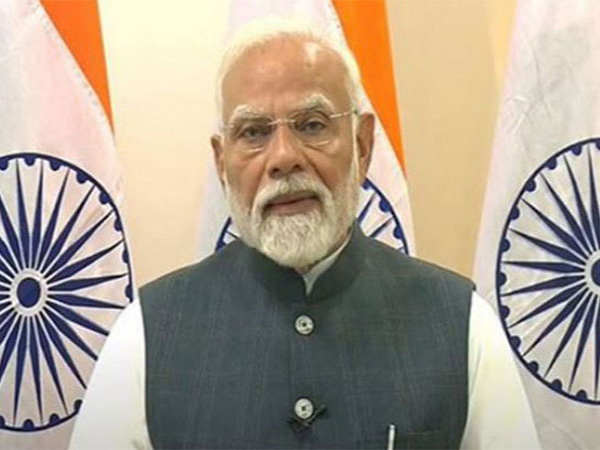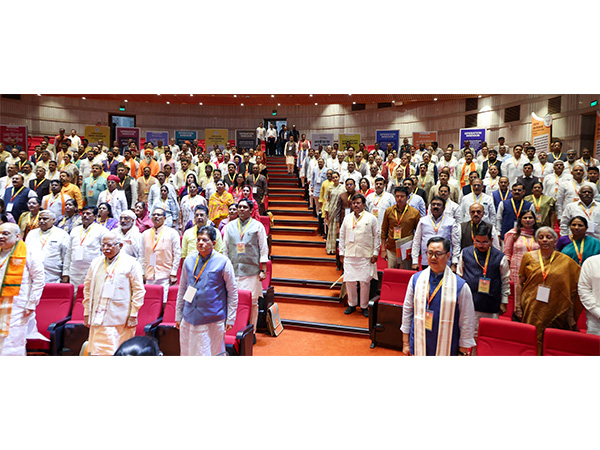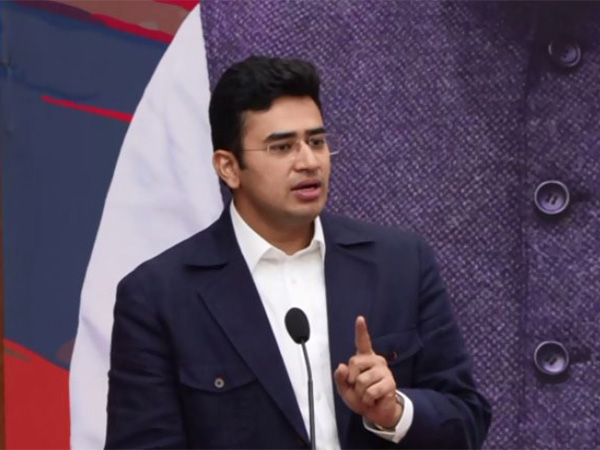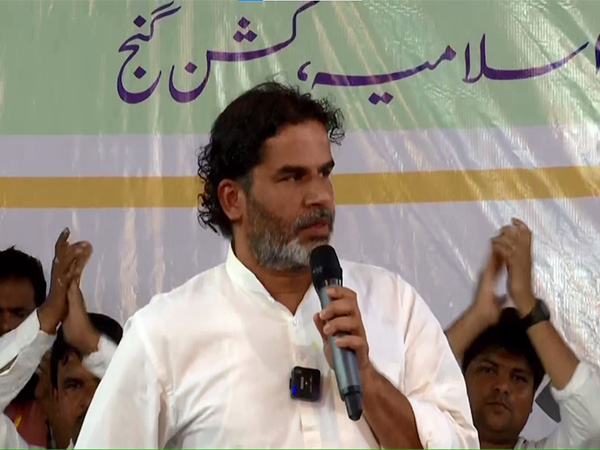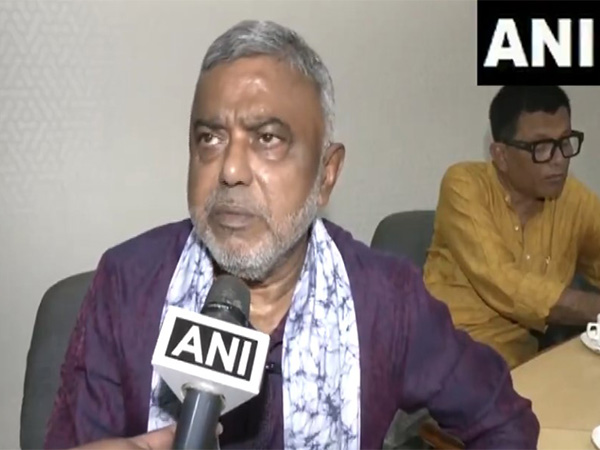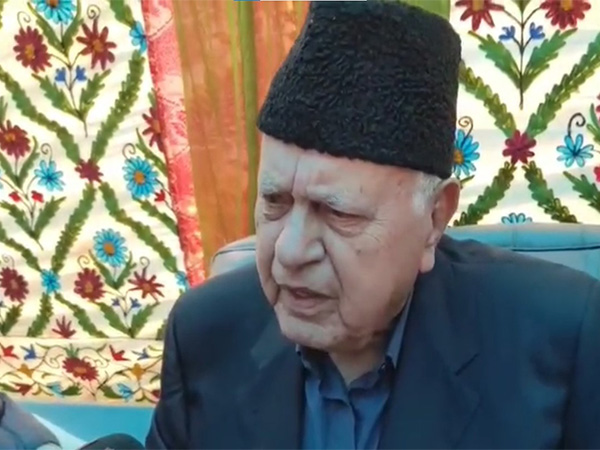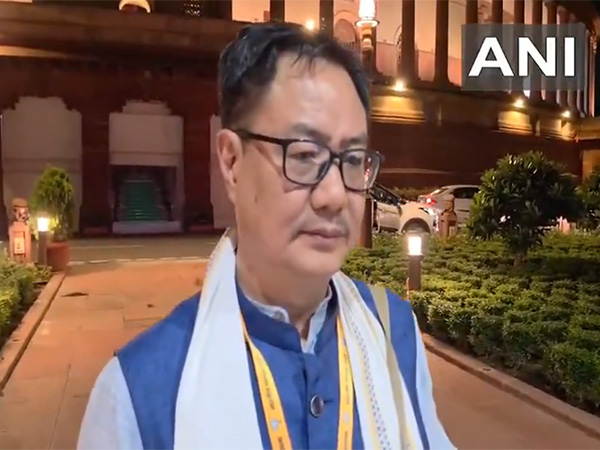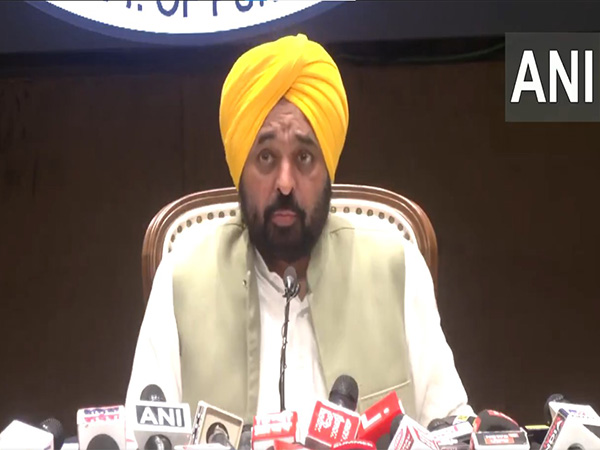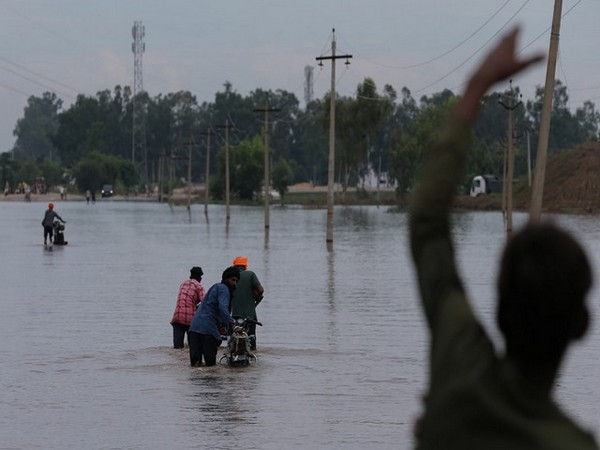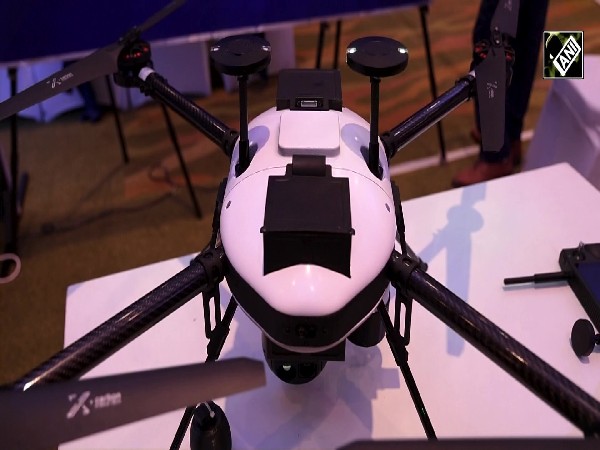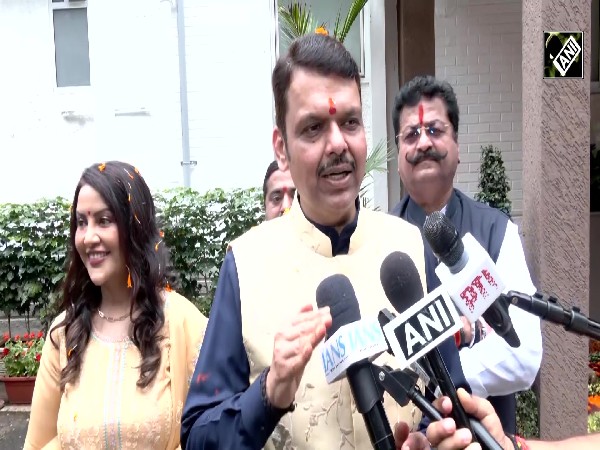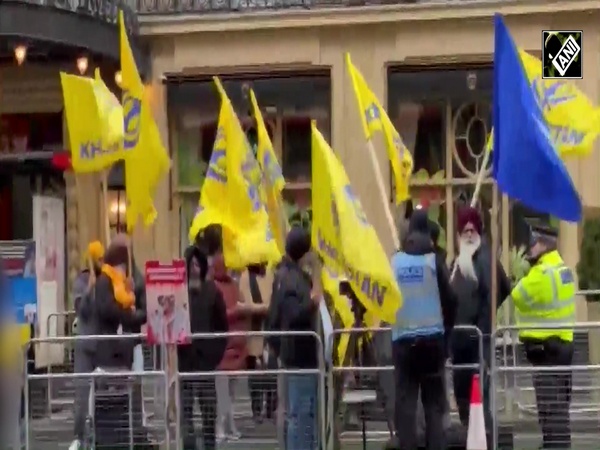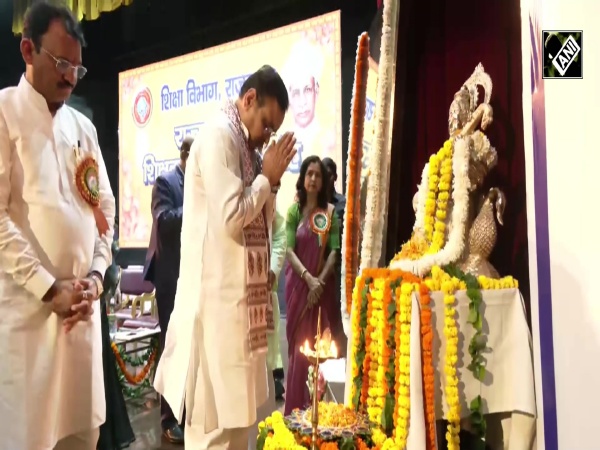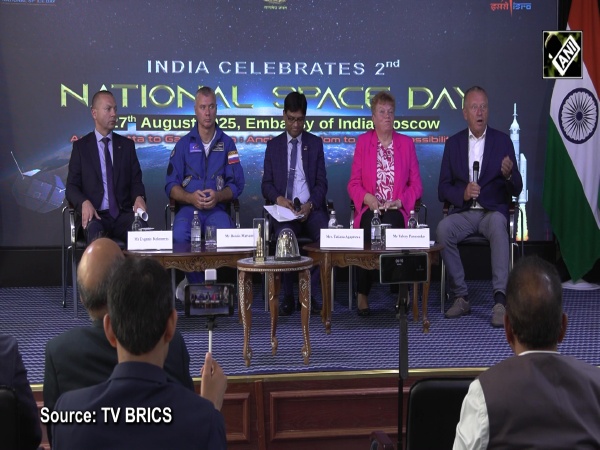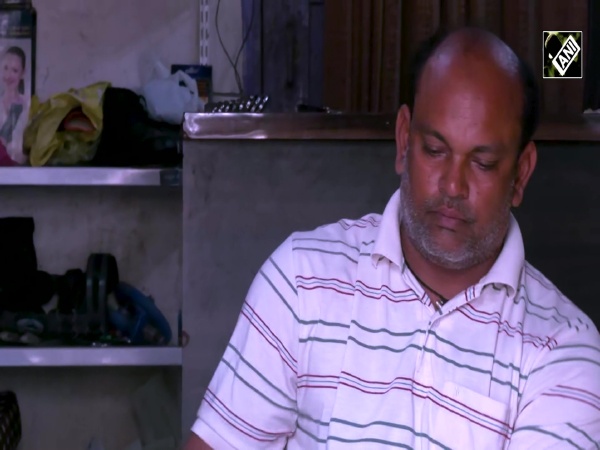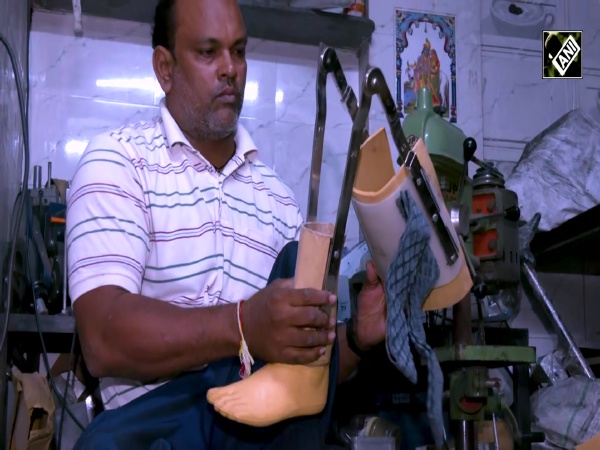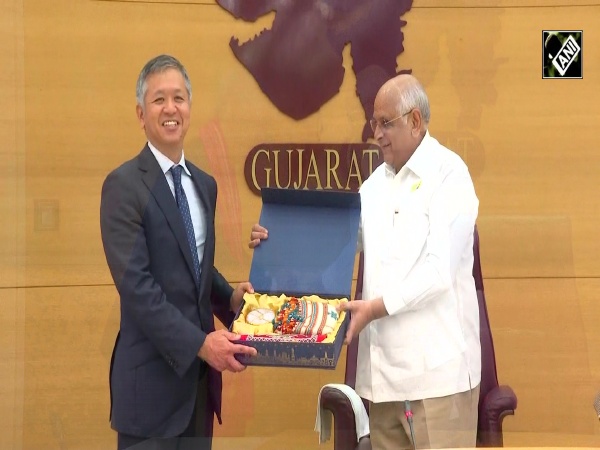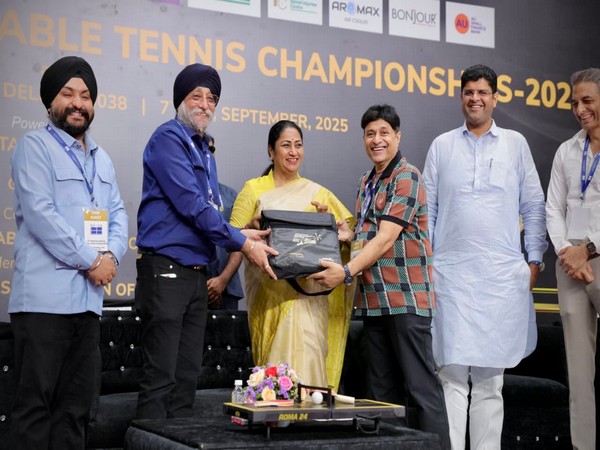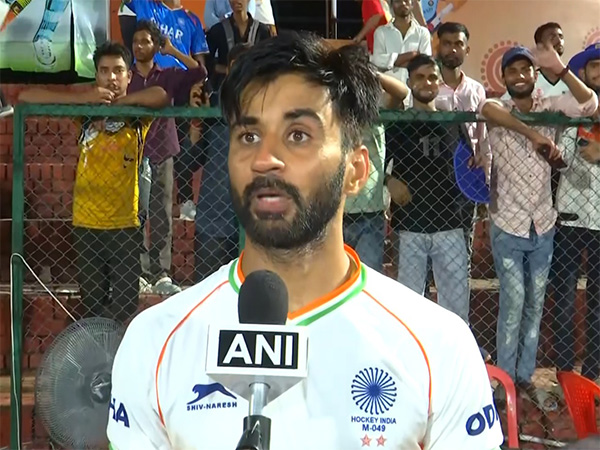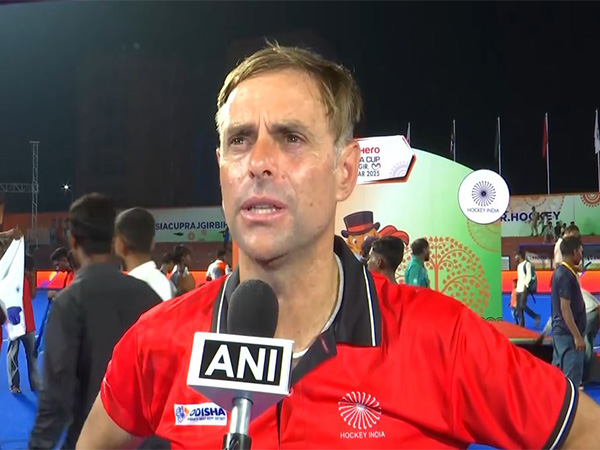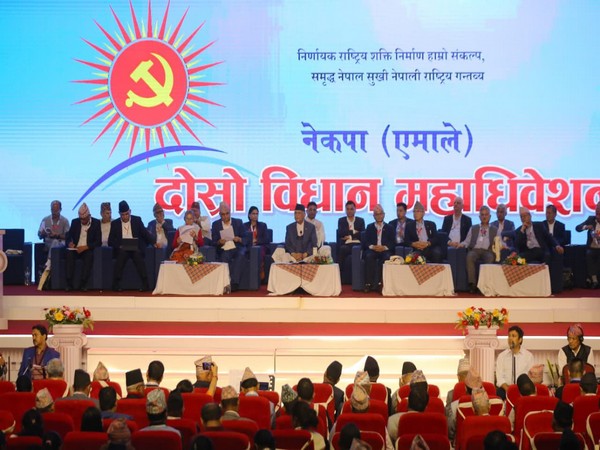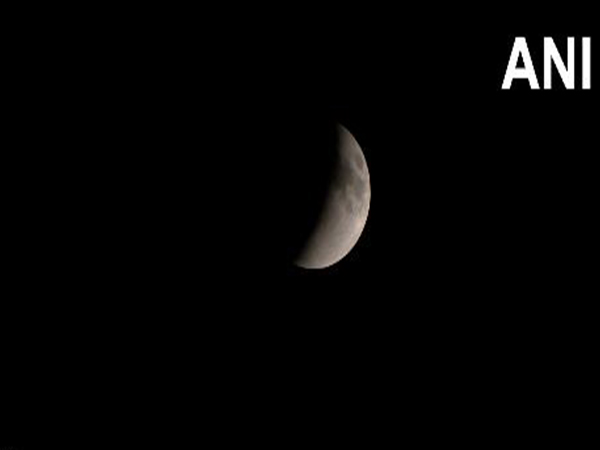
Delhi: People gather at Nehru Planetarium to witness Total Lunar Eclipse
Sep 07, 2025
New Delhi [India], September 7 : People in large numbers have gathered at the Nehru Planetarium to witness the total Lunar Eclipse on Sunday, which commenced at 8.58 pm across India. Programming Manager of Nehru Planetarium, Prerna Chandra, said that the eclipse will last till 2:25 am.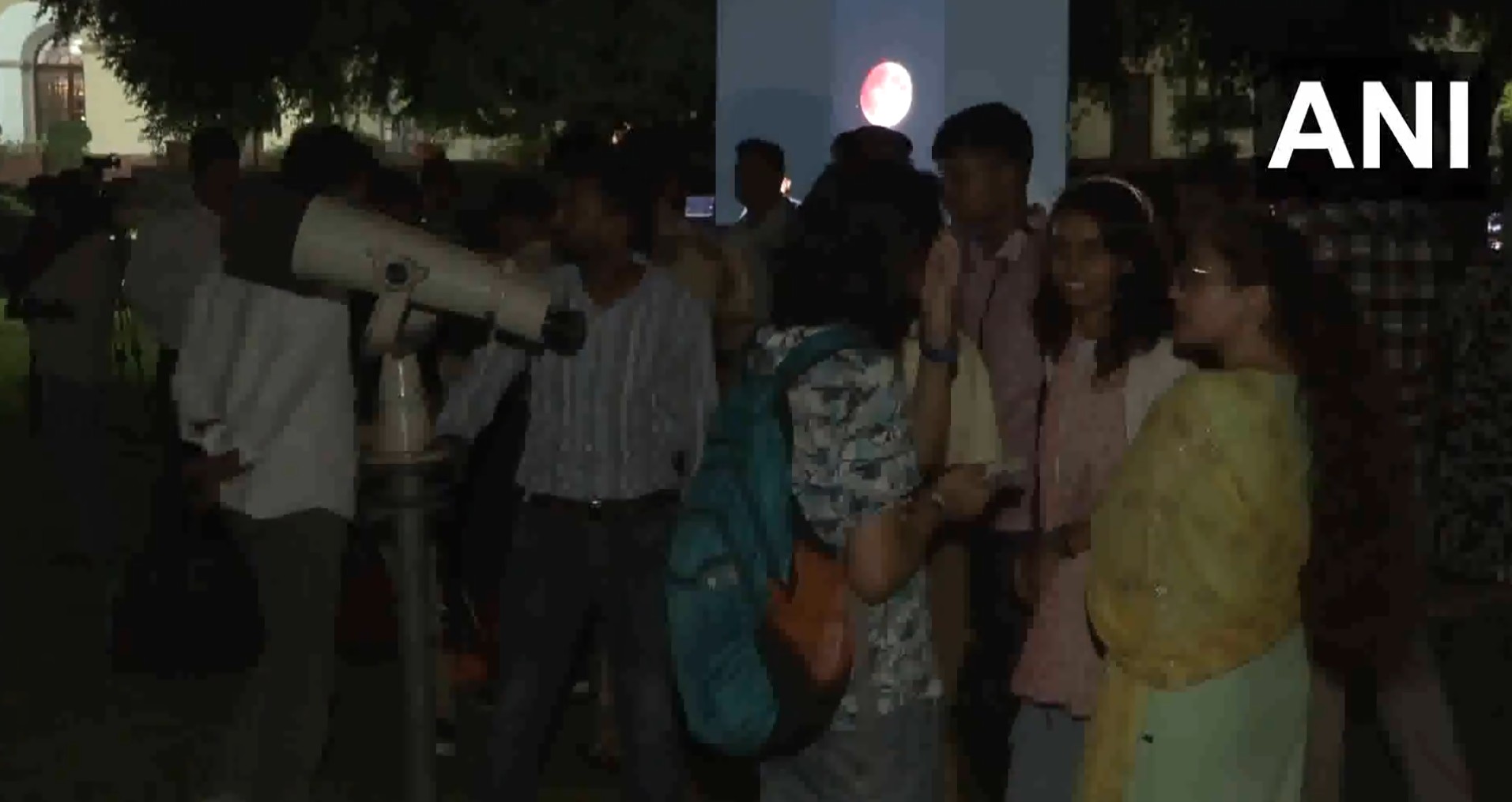
Prerna Chandra, Programming Manager of Nehru Planetarium, said, "India is going to witness a total lunar eclipse. This eclipse will start at 8:58 pm. Its colour will become red at around 11. So this eclipse is also known as the Red Blood Moon. Solar eclipses should not be seen with open eyes. On the contrary, you can see a lunar eclipse with your naked eyes without any special equipment. To make this day special, Nehru Planetarium has also set up its telescopes and big screens so that those who are interested in astronomy can come here and see this. This eclipse will last from 8:58 pm to 2:25 am. This is going to be the last lunar eclipse of this year"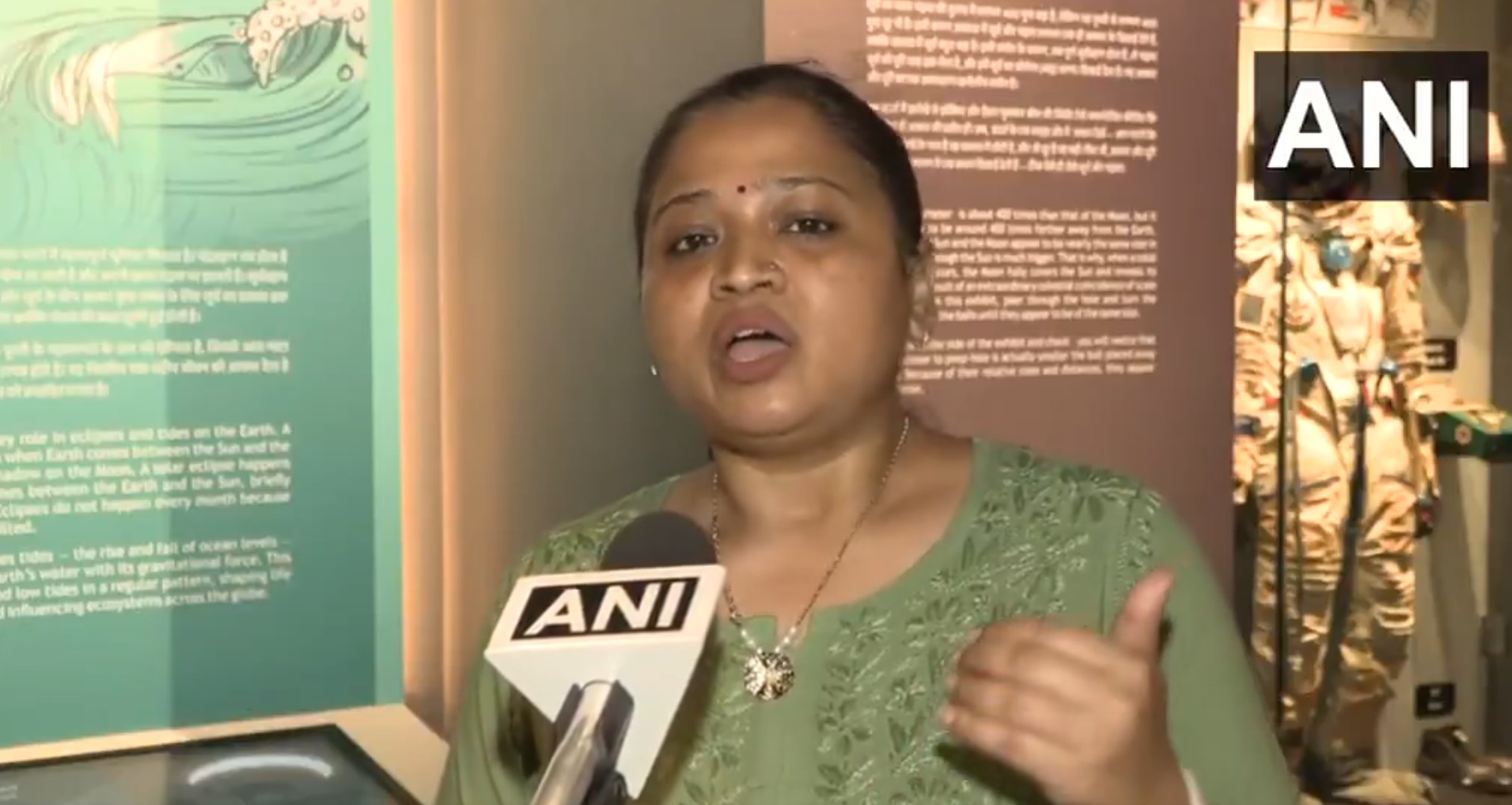
She further said that a lunar eclipse takes place when the sun's rays are obstructed by the Earth from reaching the moon.
Telescopes with high-resolution lenses have been set up in the Nehru Planetarium for people to witness the lunar eclipse in Bengaluru. This is going to be a complete Lunar eclipse, and the next such eclipse will take place in 2028.
Indian Institute of Astrophysics (IIA) Niruj Mohan Ramanujam said, "Right now Bengaluru is in the middle of clouds. We hope it will pass soon. We hear that it is raining in Leh right now, but our colleagues in Hanle just told us it's clear there. During a total lunar eclipse, at the totality phase, the moon will become deep red or coppery red or blood moon. During the total lunar eclipse, when the Earth is in between the sun and moon, earth shadow falls on the moon, some of the sunlight will pass through the thin atmosphere of the Earth on sides, Then it can refract or bend and fall on the moon. The total eclipse moon is red in colour."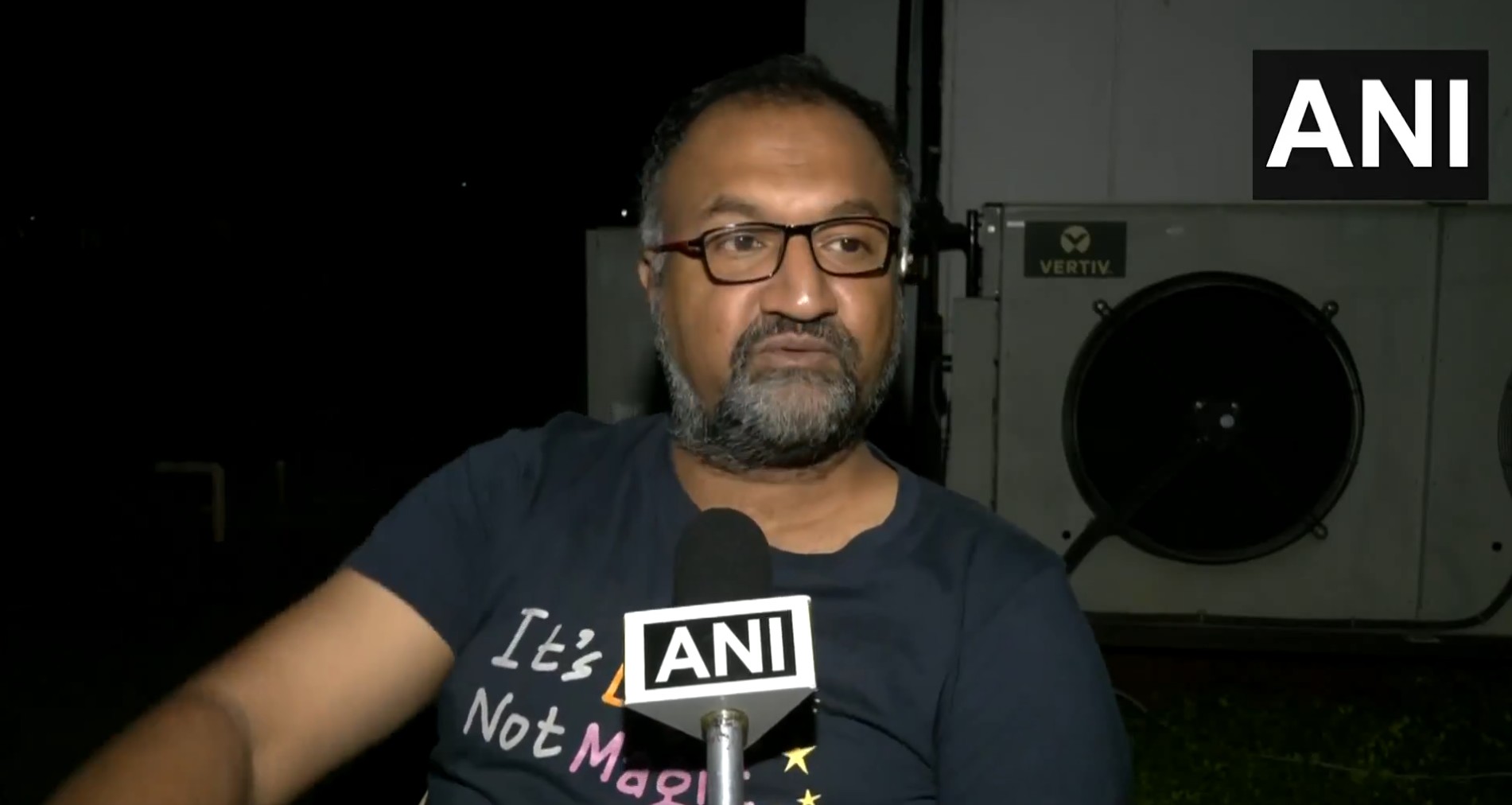
He further said, "We have an 8-inch automated telescope and that is computer-controlled. It can track the moon automatically... We have a camera put behind it, and my colleagues will operate it and make sure that the telescope is always on the moon. The camera is then connected through the cable to the laptop. The laptop then takes it to the command centre on top, which is mixing the live stream from all five locations in India."
Earlier, Senior Planetarium Engineer at Nehru Planetarium, OP Gupta, also reacted to the total Lunar Eclipse and said that the eclipse will peak at 11:48 pm today and will last for 48 minutes. He also added that the eclipse will be seen in India, Pakistan, and China today.
Senior Planetarium Engineer at Nehru Planetarium, OP Gupta, while talking to ANI, said, "The eclipse will peak at 11.48 pm and last for 48 minutes. People can watch it easily. It will not harm the eyes...You can even eat and drink during it."
He further added, "... This eclipse cannot only be seen in India but also in Pakistan and China. In Delhi, the penumbral phase (initial phase) will start at 8.58 pm. The partial eclipse will begin at around 9.57 pm... It will peak at around 11.48 pm. Its duration will be a little more than 48 minutes. The complete lunar eclipse will end at 12:22 PM."
